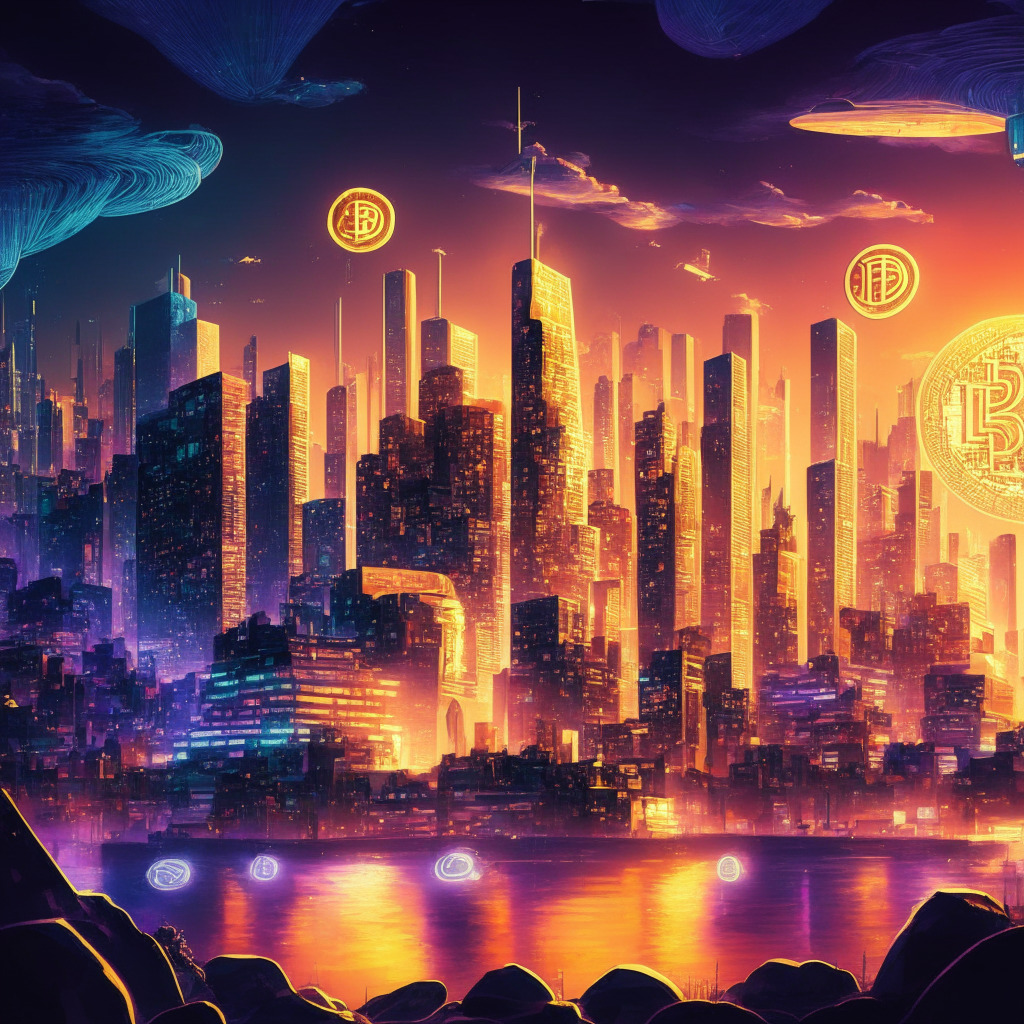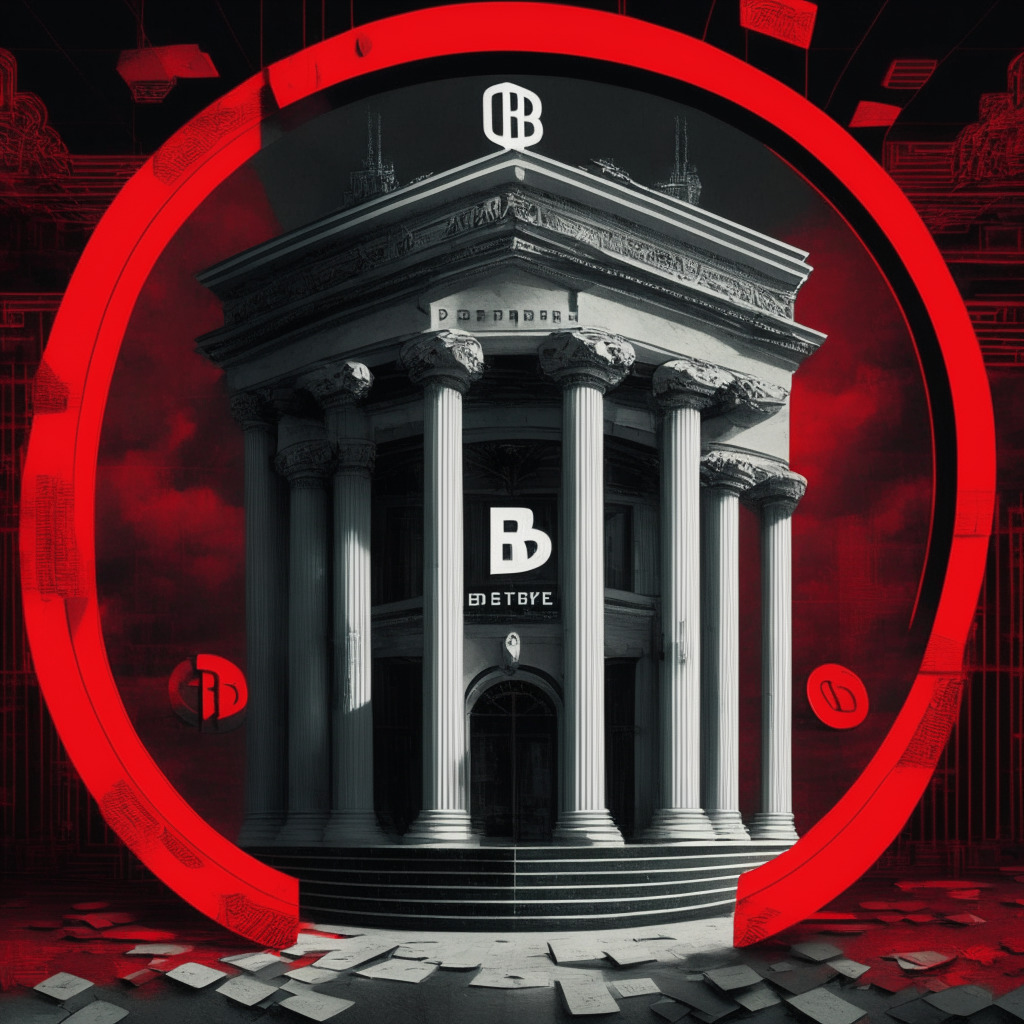The problematic yet intriguing iris-scanning crypto initiative, Worldcoin, has caught the crypto community’s attention again. The project, which launched on July 24 after three years in the making, professes a lofty ambition: devising an exhaustive global database for human identification, with an eye to isolate real humans from potential AI bots in the future digital world.
Unveiling a recent breakthrough, Worldcoin announced the World App now features a reservation feature, simplifying the process for unverified users to secure their Worldcoin (WLD) tokens. The tokens are held in reservation for 12 months, during which, the holders can claim their assets using the Orb, an iris-scanning device. This distinct approach broadens access, catering to individuals who might be hesitant to obtain a World ID immediately.
The sweeping Worldcoin project, which also includes Worldcoin ID and Worldcoin App, incentivizes users to engage with the proposed bio-ID system by rewarding participants with WLD tokens. However, the arguably altruistic project hasn’t neglected to devise a safeguard against AI-bots brainchild by facilitating a futuristic human-AI distinguishing mechanism.
Yet, Worldcoin’s journey hasn’t been all rosy. Regulatory hurdles and investigations have erected significant barriers. The project was brought to a halt in Kenya because of its data-gathering techniques, chiefly the harvesting of sensitive identification data like iris scans. Other nations, such as Argentina and the United Kingdom, posed regulatory challenges too.
Furthermore, despite boasting a clientele of 2 million before its public launch, the project hasn’t seen a thunderous response post-launch. However, the exact numbers of users claiming their WLD tokens remain undisclosed, creating an enigmatic aura around the project’s acceptance. But the Worldcoin creators maintain an optimistic facade, citing the approving queues.
Despite the issues, the recent extension of the token reservation system to unverified users signifies Worldcoin’s commitment to expanding its user base and making it more accommodating. Although earlier, Vitalik Buterin had expressed doubts over the project’s feasibility.
The Worldcoin saga weaves an engaging narrative of innovation, pushback, and resilience in the face of adversity. This new-age experiment in the crypto landscape is a testament to the industry’s tireless endeavors to carve out an intricate blend of technology and economics. It yet remains to be seen if Worldcoin can secure a place for itself in the great digital expansion. Thus, it continues to ignite curiosity and skepticism in equal measure among crypto enthusiasts.
Source: Cryptonews




